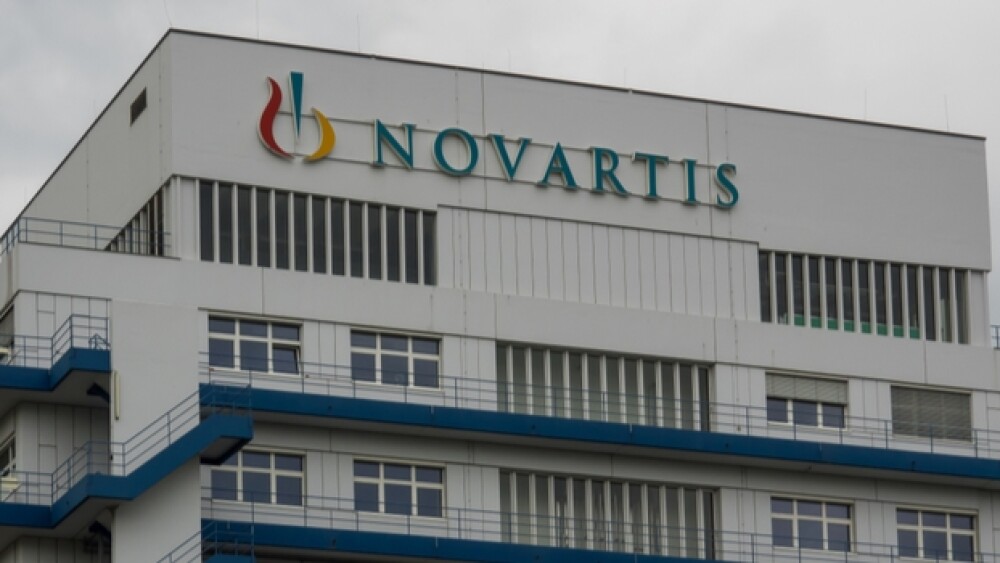Ziextenzo (pegfilgrastim) is a long-acting version of filgrastim and is indicated to decrease the incidence of infection in cancer patients.
photobyphm / Shutterstock
It has been a long time coming, but Sandoz finally won approval in the United States for its biosimilar to Amgen’s Neulasta. This morning, the Novartis subsidiary announced the U.S. Food and Drug Administration (FDA) approved Ziextenzo, the filgrastim biosimilar.
Ziextenzo (pegfilgrastim) is a long-acting version of filgrastim and is indicated to decrease the incidence of infection in cancer patients. The infections are manifested by low white blood cell count and associated with a fever in patients with non-myeloid malignancies receiving myelosuppressive anti-cancer drugs. A study has shown that each year in the US, more than 60,000 cancer patients are hospitalized with evidence of neutropenia, including fever or infection, with more than 4,000 deaths as a result, the company said in its announcement this morning. Sandoz said it intends to launch Ziextenzo as quickly as possible this year. The biosimilar has been available in Europe since 2018.
Carol Lynch, president of Sandoz Inc., said when cancer patients with febrile neutropenia get an infection, it can have serious consequences that impact treatment by delaying or chemotherapy treatment or reducing the chemotherapy dosage.
“The approval of Ziextenzo expands our oncology portfolio, providing physicians with a long-acting supportive oncology biosimilar option. It builds on the foundation of trust and experience we developed with our short-acting filgrastim Zarxio – the leading filgrastim by market share in the US – including consistent product supply and reliable patient services,” Lynch said in a statement.
Sandoz resubmitted its Biologics License Application for Ziextenzo in April after the FDA issued a Complete Response Letter in 2016. When the company resubmitted the BLA, it included new data from a pivotal pharmacokinetics and pharmacodynamics study that compared Sandoz pegfilgrastim with US-sourced reference pegfilgrastim; Sandoz pegfilgrastim with EU-sourced reference pegfilgrastim; and the U.S. with EU-sourced reference pegfilgrastim. PK and PD similarities were demonstrated in all three comparisons, and no clinically meaningful differences were observed regarding safety and immunogenicity among the treatment groups, Sandoz said.
That delay though allowed other biosimilars to hit the U.S. market ahead of Ziextenzo. Both Coherus BioSciences and Mylan have both launched their own versions of Neulasta, which last year earned $4 billion, CNBC reported this morning.
Biosimilars are something akin to generic drugs for biologics. They are always uniquely different in composition, which differentiates them from generic drugs, which are exact replicas of other drugs. They have been widely available in Europe since 2006, but the FDA was only granted the right to review and approve them when the Affordable Care Act was passed in 2010. In 2015, Sandoz won approval for the first biosimilar in the United States. Zarxio is a biosimilar version of Amgen’s Neupogen.





